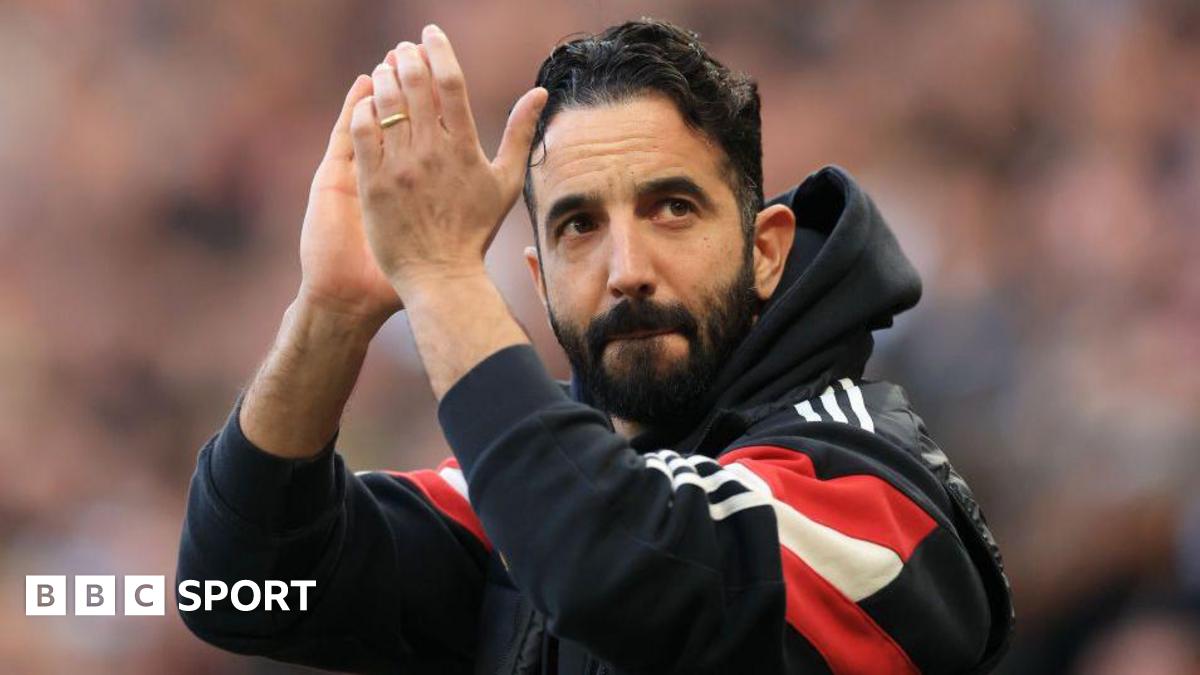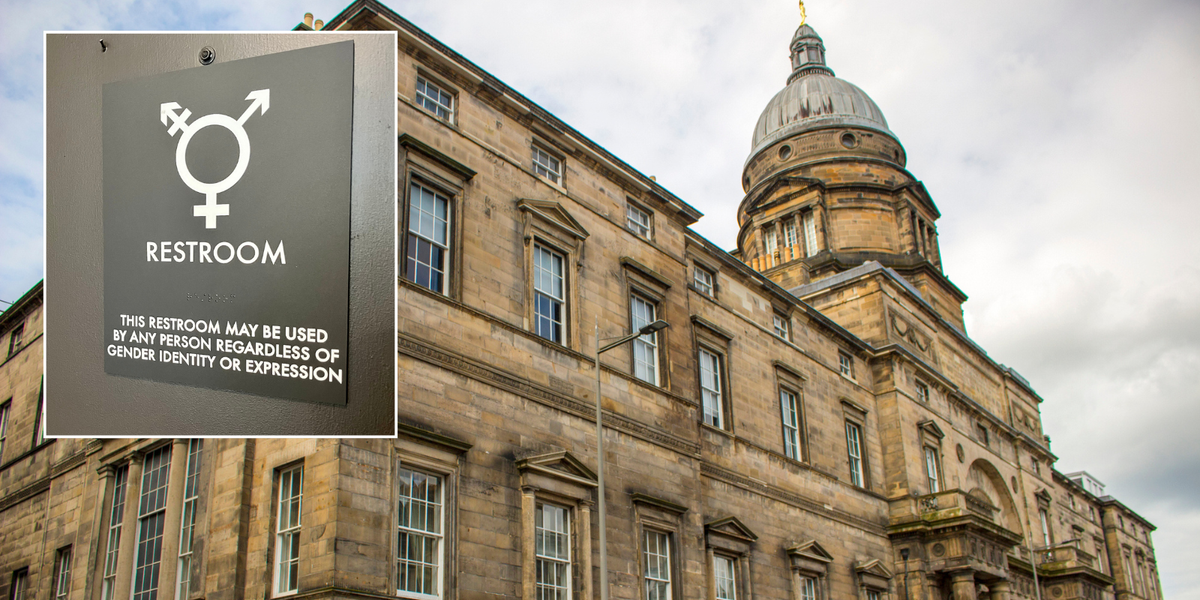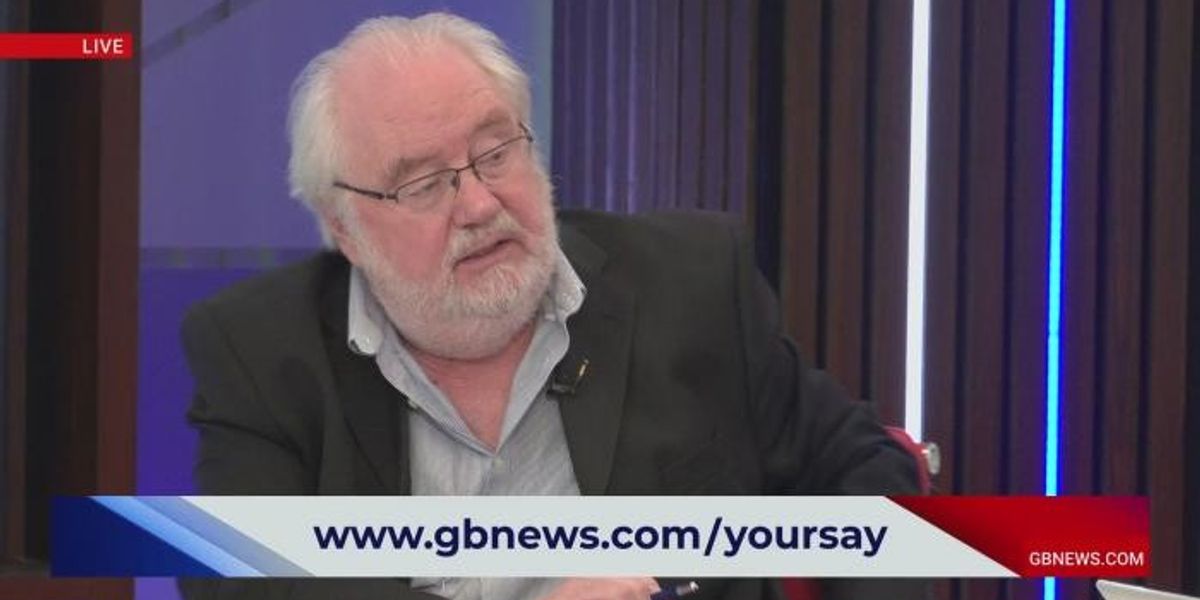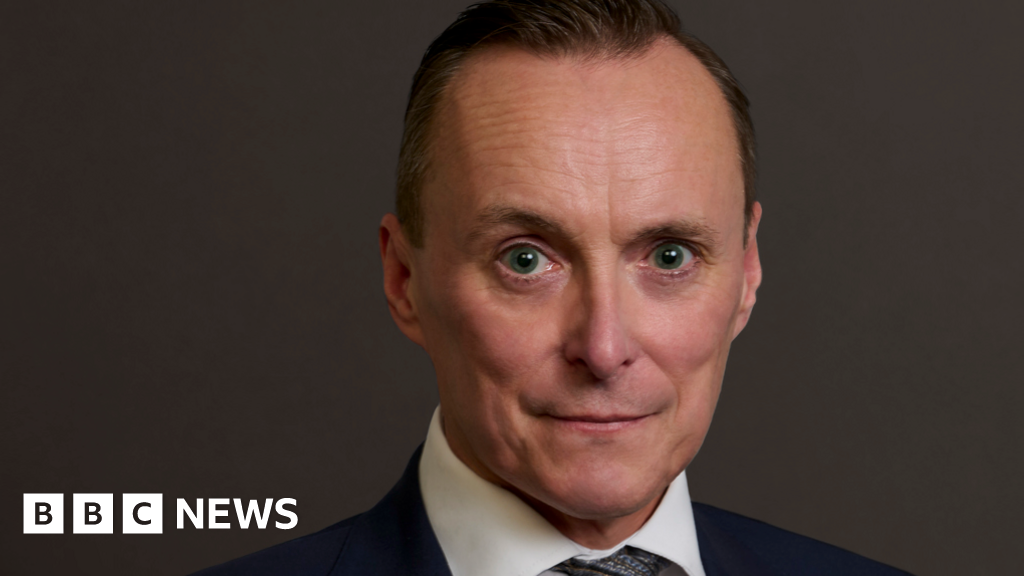Holocaust Memorial Day, which takes place on 27 January each year, remembers the six million Jews murdered during World War II.
It also commemorates the millions of people outside of the Jewish faith who were murdered through Nazi persecution and those targeted in more recent genocides.
This year also marks the 80th anniversary of the liberation of the largest Nazi concentration camp, Auschwitz-Birkenau.
The camp was at the centre of the Nazi campaign to eradicate Europe’s Jewish population.
“It happened, it can happen again: that is the warning of the Holocaust to us all,” Sir Keir said.
“The Holocaust was a collective endeavour by thousands of ordinary people utterly consumed by the hatred of difference,” he added.
“That is the hatred we stand against today and it is a collective endeavour for all of us to defeat it.”
Earlier this month, the prime minister visited Auschwitz, which is near the town of Oswiecim in southern Poland, where he vowed to fight the “poison of antisemitism”.
On Wednesday, he welcomed a group of survivors and their families to Downing Street, describing the meeting as “an incredible privilege” and praised their “sheer and remarkable courage”.
Tory leader Kemi Badenoch spoke of the importance of confronting “the resurgence of antisemitism today” while reflecting on the Holocaust as a “unique evil in human history”, in a statement to mark Holocaust Memorial Day.
While Liberal Democrat leader Sir Ed Davey urged vigilance in defending “peace, human rights and compassion” and guarding against “antisemitism, hatred, discrimination and oppression”.
King Charles will become the first British monarch to visit Auschwitz and will also meet Poland’s president Andrzej Duda during his brief visit to the country.
The Prince of Wales will attend official commemorations in London to mark the anniversary.







